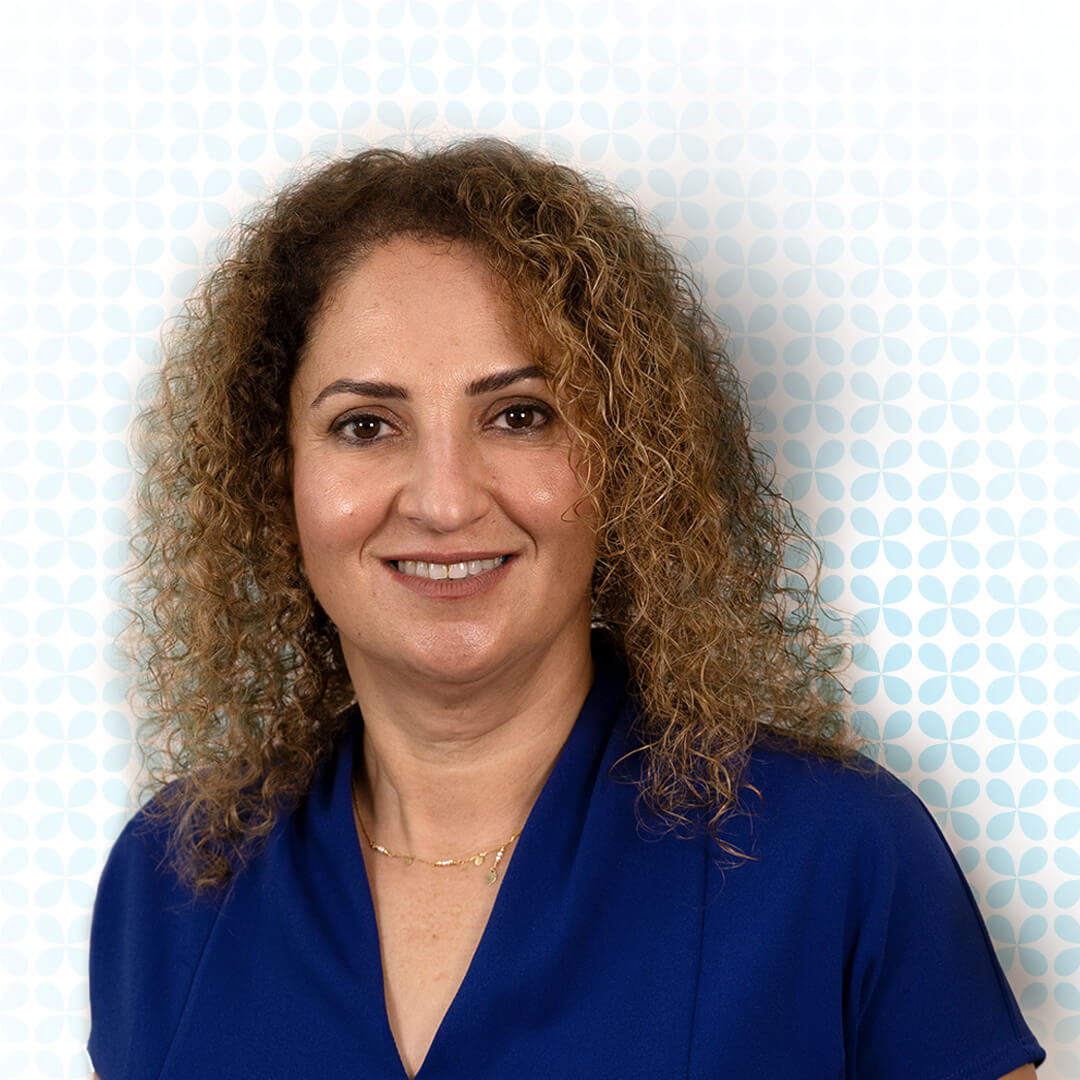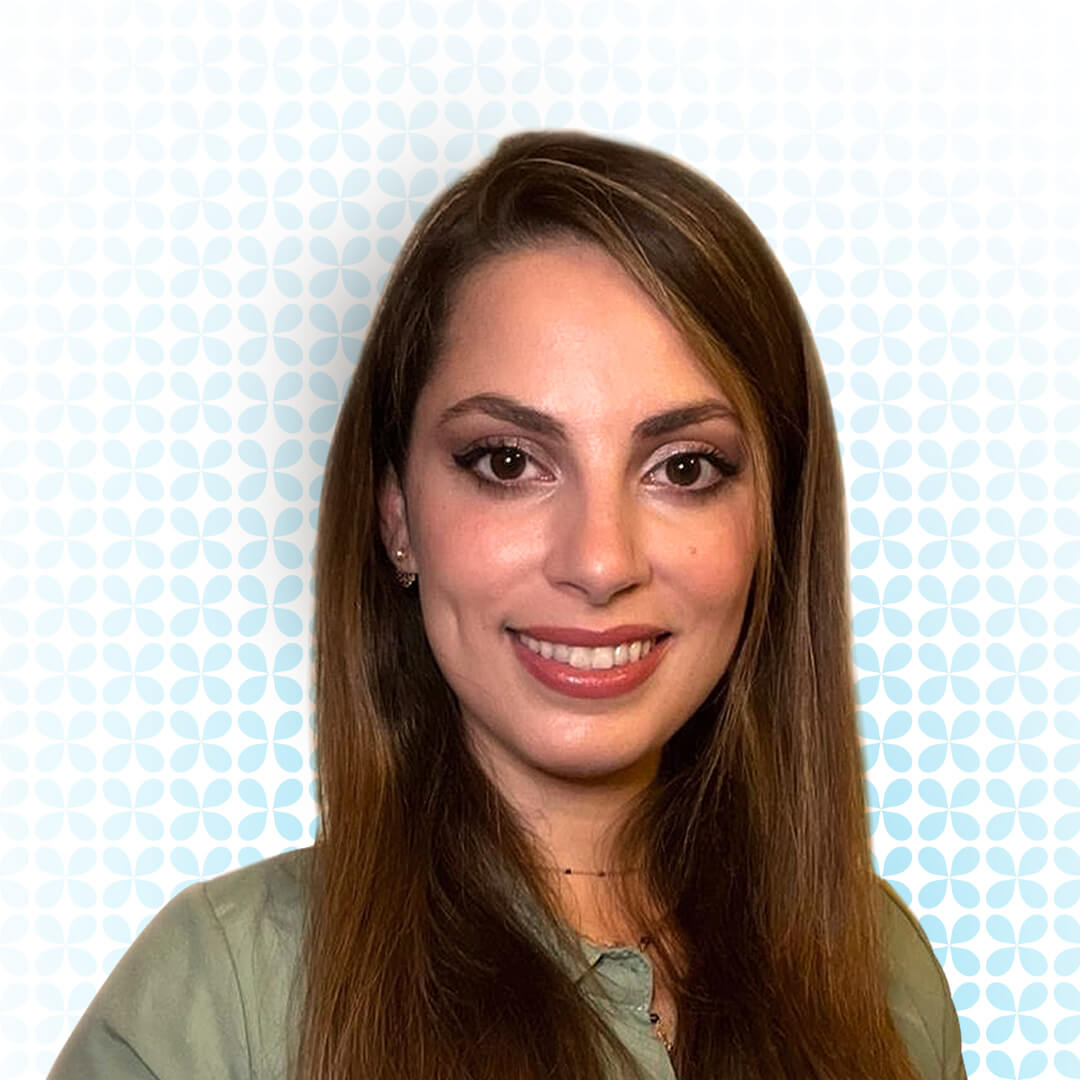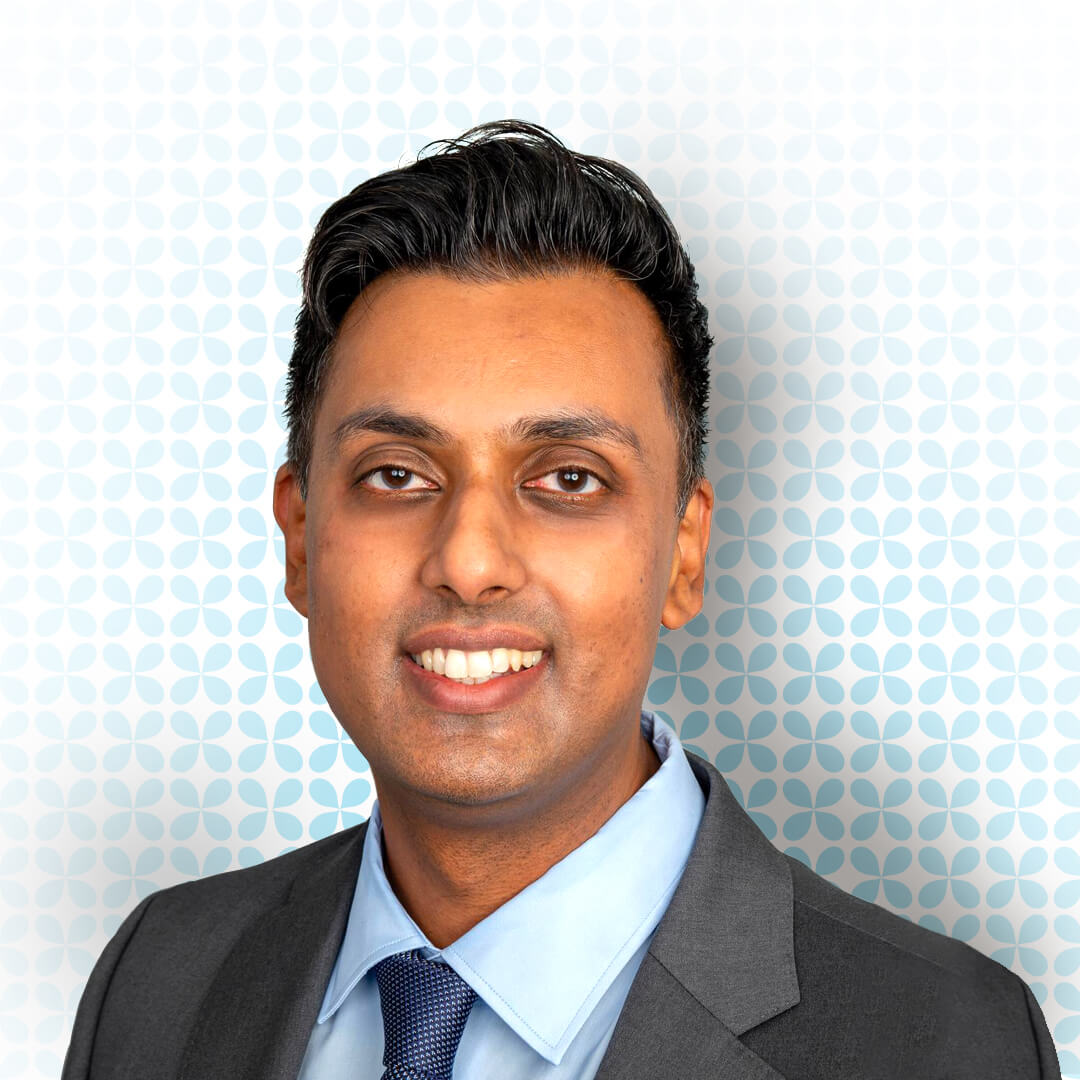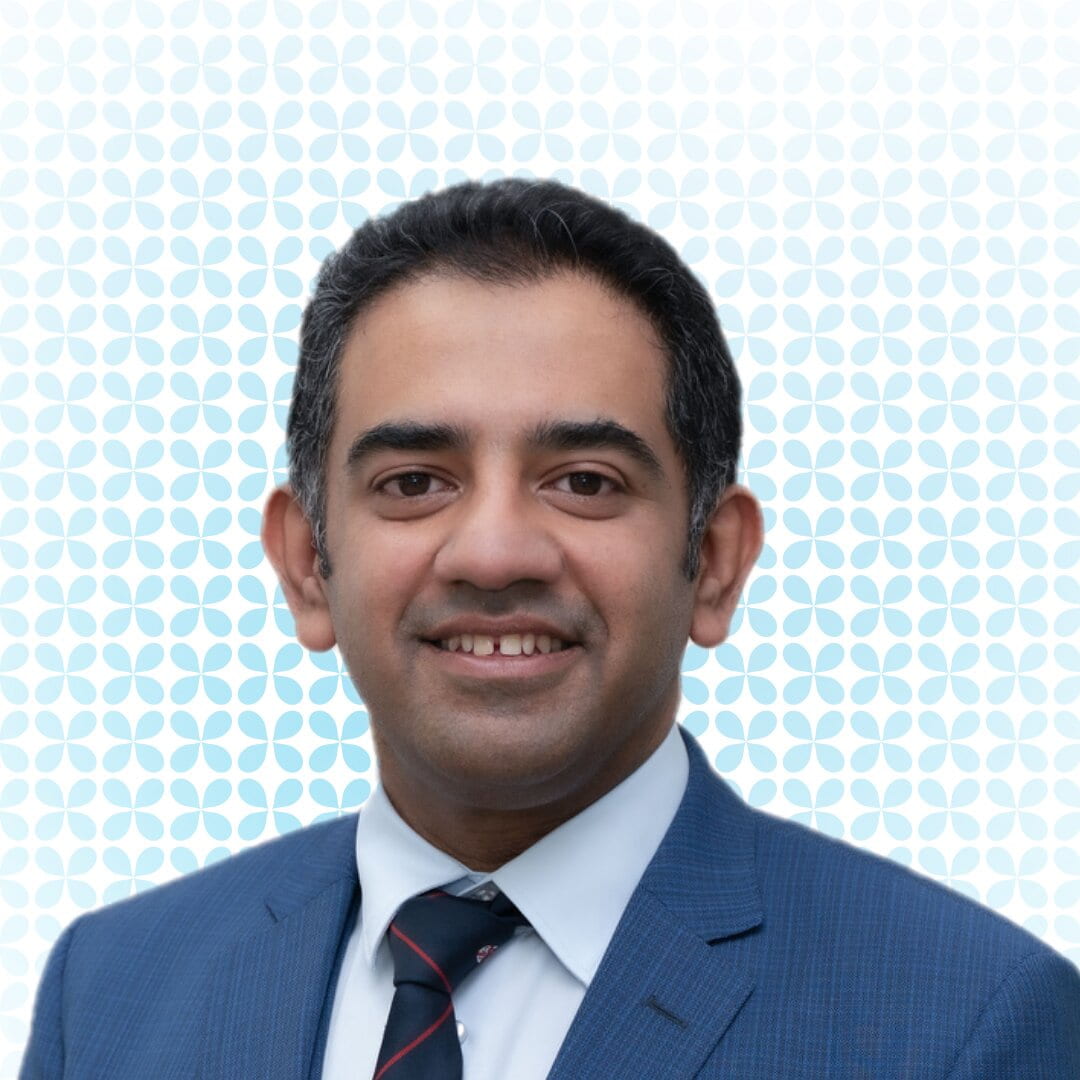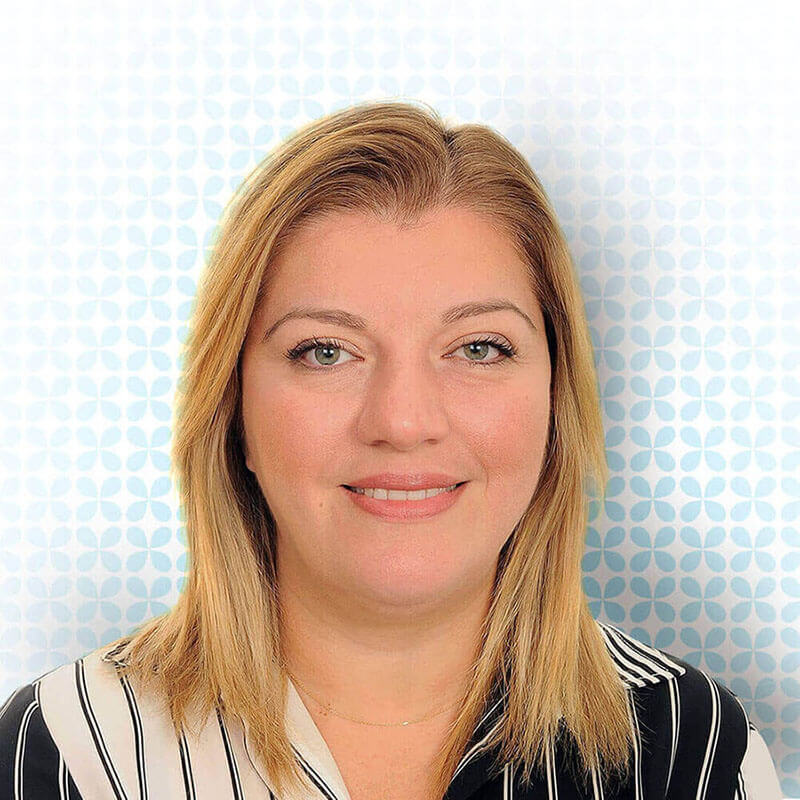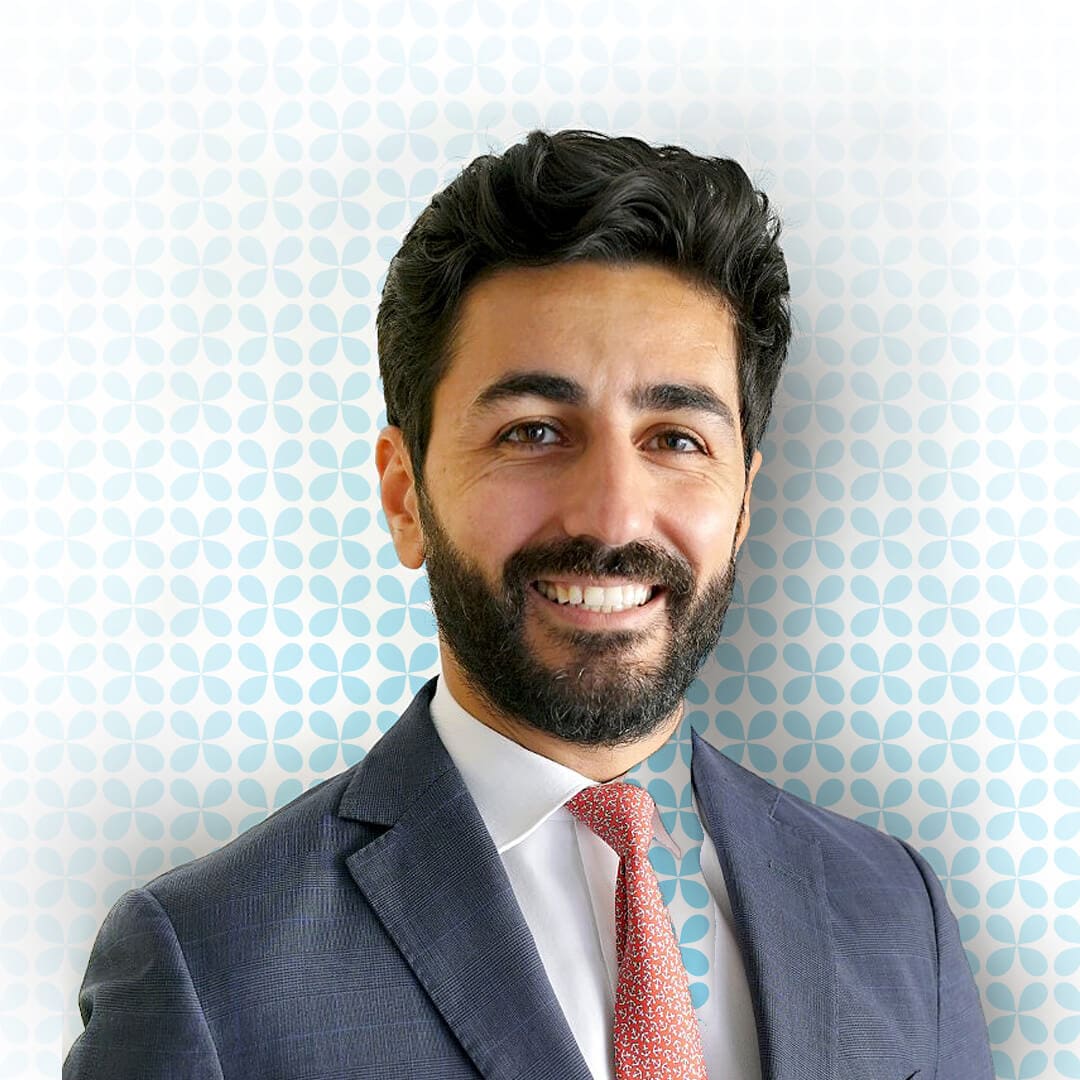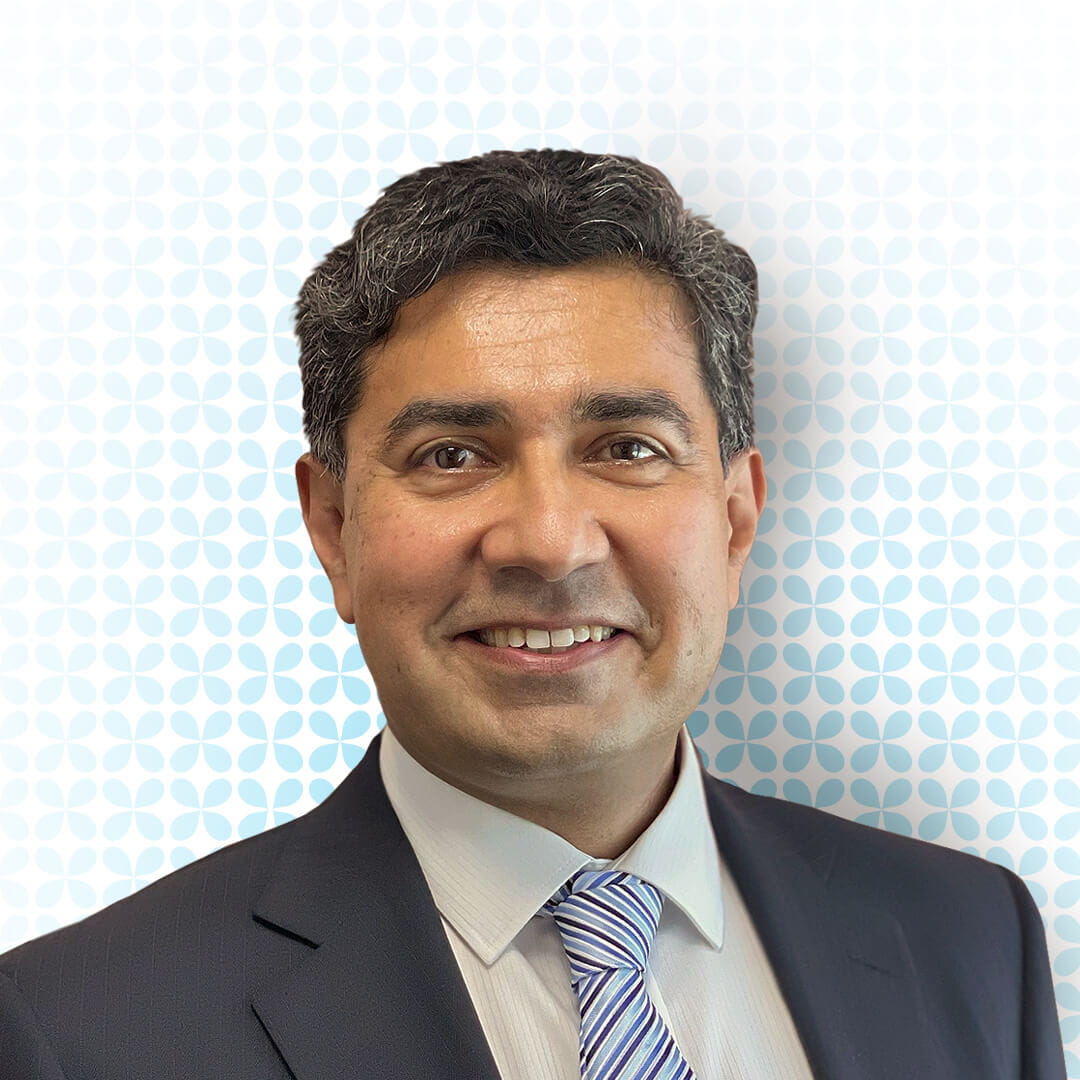صحة عيون الأطفال
حول الموضوع
عندما يحين الوقت، يكون العديد من الآباء على دراية بأهمية اللقاحات والفحوصات الروتينية لأطفالهم مثل فحوصات السمع والوزن ومخططات النمو، فضلاً عن صحة الأسنان، ولكن ماذا عن رؤيتهم؟
لا تُظهر بعض أمراض العين أي علامات أو أعراض، لذا فإن الطريقة الوحيدة لمعرفة ذلك بشكل مؤكد هي أخذ طفلك لإجراء فحص البصر. في الحالات التي لا توجد فيها مشكلة ظاهرة ولا يوجد تاريخ عائلي بارز للإصابة بالحوَل أو العين الكسولة أو أمراض العين الخطيرة في مرحلة الطفولة، نوصي بإجراء فحص سنوي للعين ابتداءً من عمر 3-4 سنوات. بمجرد بلوغ الأطفال سن تسعة أعوام فما فوق، ننصح عموماً بإجراء فحص للعين كل عامين ما لم ينصح طبيب العيون بغير ذلك.
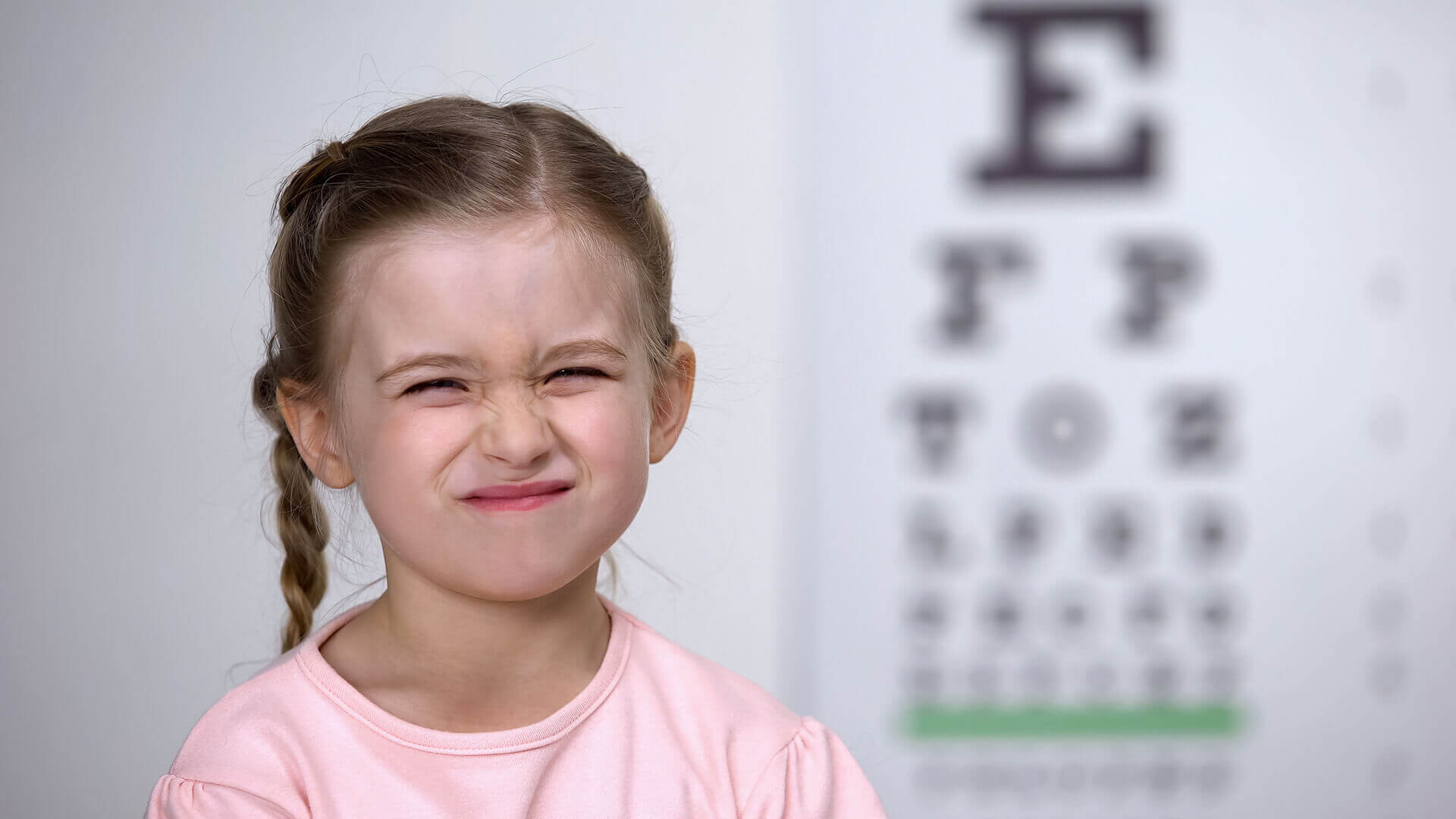
إذا كانت هناك أية مخاوف بشأن ما يلي، فإننا نوصي بإجراء فحص للعين في أي عمر –
- الحوَل (الاتجاه غير الصحيح للعينين)
- صعوبة التقاط الأشياء الصغيرة
- الميل إلى الاصطدام بالأشياء أو التصرف بشكل أخرق على نحو غير طبيعي
- نقص التركيز
- احمرار العيون أو الجفون
- نزول الدمع بشكل مفرط
- الاقتراب الكبير من التلفاز
- صعوبة في التنسيق بين حركات اليد والعين
- فرك العين بشكل متكرر
- تقشّر الجفون
- يمكن أن تحدث العديد من أمراض العين، وخاصة “العين الكسولة”، بشكل عائلي، لذلك إذا كان أحد أفراد عائلتك يعاني من دوران العين (الحوَل) أو من ضعف الرؤية في إحدى العينين أو كلتيهما (الغمَش)، فمن الجيد أن تأخذ كافة الأطفال الأقارب لفحص البصر.
هناك اعتقاد خاطئ شائع بأن عيون الأطفال لا يمكن فحصها حتى يتمكنوا من القراءة، ولكن ذلك غير صحيح. يعتبر أخصائيو تقويم البصر متخصصين في فحوصات الرؤية لدى الأطفال، ولدينا مجموعة من الطرق لفحص الرؤية في جميع الأعمار. وعلى الرغم من أن فحص الرؤية عند الأطفال الصغار جداً لا يمكن أن يكون دقيقاً تماماً، إلا أنه يمكننا أن نحصل على فكرة جيدة جداً عن قدرة طفلك على الرؤية الطبيعية المناسبة لسنّه. بالإضافة إلى ذلك، يتمتع أخصائيو البصريات وأطباء عيون الأطفال لدينا بالخبرة في إجراء فحوصات النظارات وفحوصات العين الكاملة عند الأطفال من جميع الأعمار.
بناءً على نتائج فحص العين، سيخبرك طبيب العيون بمدى احتياج طفلك للمتابعة. عادةً، إذا تم وصف النظارات لطفلك للمرة الأولى، فستتم متابعتهم من قبل أخصائي تقويم البصر، الذي سيقوم بتقييم تقدم الطفل مع استخدام النظارات.
اخصائيين صحة عيون الأطفال
د.سهير تويج
استشارية في طب وجراحة العيونمع تخصص في جراحة الحوَل عند البالغين والأطفال وطب عيون الأطفال وجراحة الساد (الماء الأبيض/الكتراكت) وطب العيون العام
د. سلمى ياسين
أخصائية في طب عيون الأطفال وطب أعصاب العيون لدى البالغين والأطفالد. عمران جاويد
استشاري طب العيونمتخصص في طب عيون الأطفال و جراحة الحول
د. محمد عرفان خان
استشاري طب العيون في طب عيون الأطفال وجراحة الحول عند البالغيند. كريستيان الحداد
استشارية زائرة في طب وجراحة العيونأخصائية في طب عيون الأطفال والحوَل لدى البالغين
د. علاء بو غنّام
أخصائي زائر في طب أعصاب العيون وطب عيون الأطفال والحوَل عند البالغيند. سيد علي
استشاري طب العيون للأطفالد. محمد عرفان خان
استشاري طب العيون في طب عيون الأطفال وجراحة الحول عند البالغيناطلب موعد


